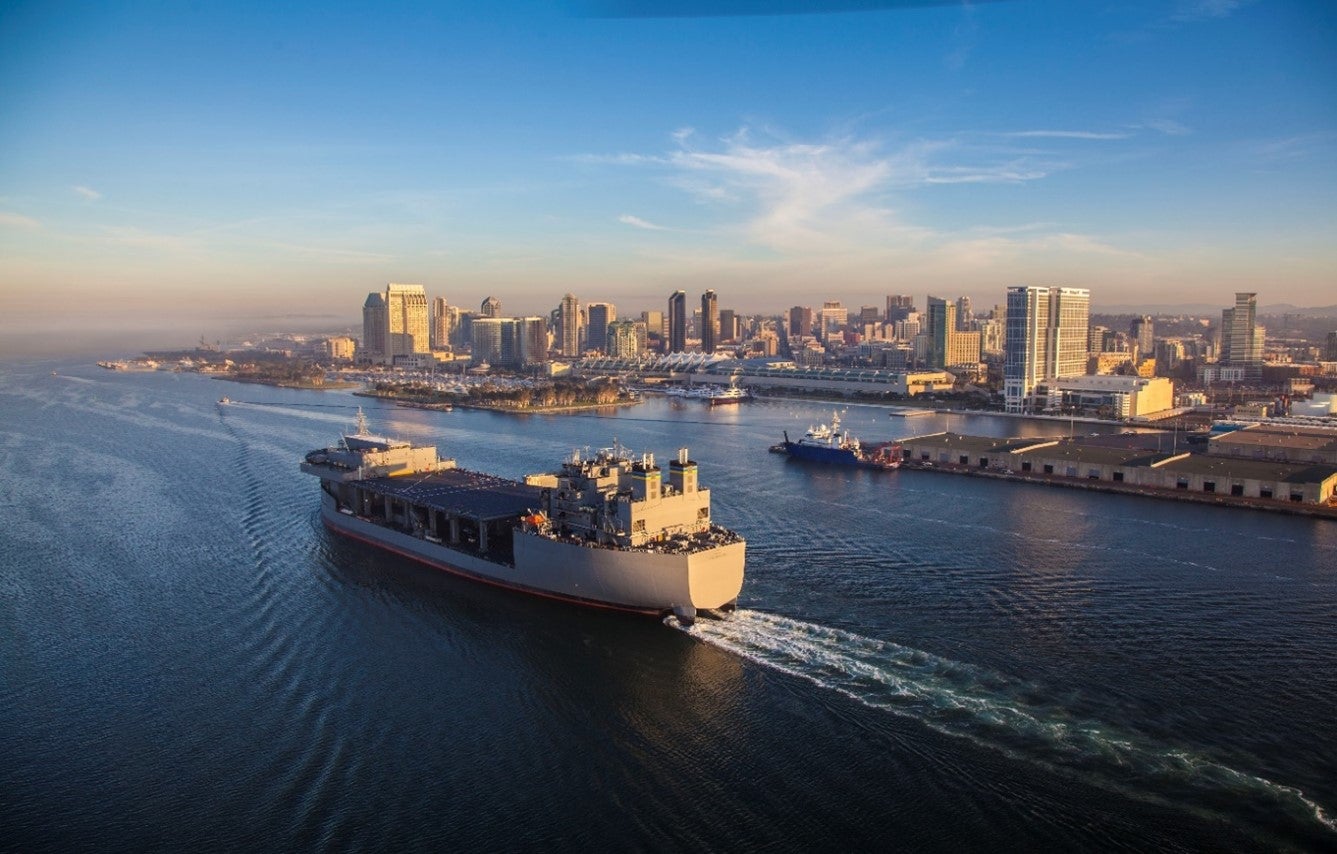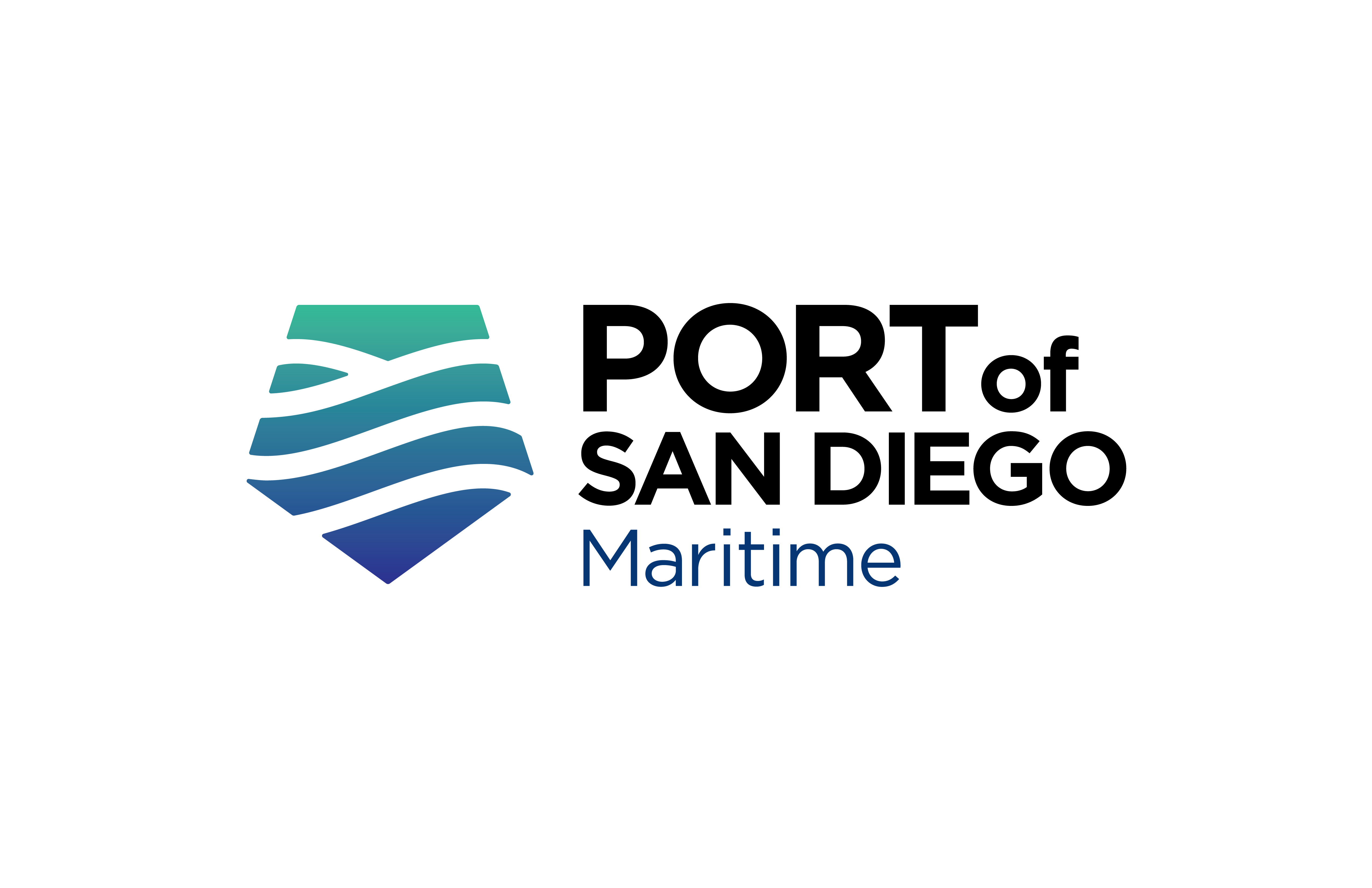San Diego Foreign-Trade Zone 153
Overview and Benefits

Overview
A foreign trade zone (FTZ) is a designated area in the United States where companies can set up operations with exempted or deferred tariffs on foreign merchandise. FTZs make U.S. manufacturing more competitive by reducing or eliminating unfair tax burdens on companies that make or assemble finished products using foreign components. Any qualified business within the boundaries of the San Diego FTZ 153, which includes the entire County of San Diego and a portion of southern Riverside County, can apply to have its existing building designated an FTZ site.
See Foreign Trade Zone 153 Service Area Map
FTZ Benefits
- Merchandise may be stored within a Foreign Trade Zone for an unlimited period of time, avoiding all duties and excise taxes.
- Merchandise may be opened, examined, assembled, mixed, cleaned, labeled or repackaged within a zone.
- Merchandise may be displayed, sampled or examined within the zone.
- Waste materials and damaged merchandise may be destroyed within the zone to avoid duties.
- Businesses may improve supply chain velocity and reduce merchandise processing fees, paperwork, and broker fees.
About the FTZ Process
The U.S. Department of Commerce Foreign-Trade Zones Board administers the FTZ program at the federal level and approves FTZ applications. The City of San Diego manages San Diego FTZ 153, facilitates the local FTZ applications, collects annual fees and consults with firms interested in using or operating an FTZ site. The City of San Diego's Economic Development Department will assist you through the process.
To establish an FTZ site, U.S. Customs and Border Protection (CPB) must approve its activation and perform an on-site inspection. See the Foreign Trade Zone Activation Checklist for CBP activation requirements. Once approved by the City of San Diego (FTZ 153 Grantee), FTZ Board and CBP, the FTZ site will be activated and remain under the supervision of CPB.
Application, activation and annual FTZ program fees apply, as outlined in the San Diego FTZ 153 Zone Schedule.
Application, Fee Schedule and Other Resources
Frequently Asked Questions about the FTZ Program
U.S. Department of Commerce Foreign-Trade Zones Board
Applications to establish or modify FTZ subzones or sites are available here.
U.S. Customs and Border Protection (CBP) Port Entry
The CBP activation checklist is available here.
All email inquiries to the San Diego CBP Office must be made to sandiegopostaudit@cbp.dhs.gov.
National Association of Foreign-Trade Zones (NAFTZ)
San Diego FTZ 153 Zone Schedule
San Diego FTZ 153 Operating Agreement Template
FTZ No. 153 Operators












Contact us if you have questions or would like to set up a meeting with our FTZ consultant.
Karina Danek
kdanek@sandiego.gov
619-533-5954
Lorna R. Kindred
lkindred@sandiego.gov
619-236-7353

